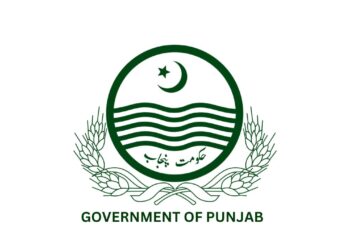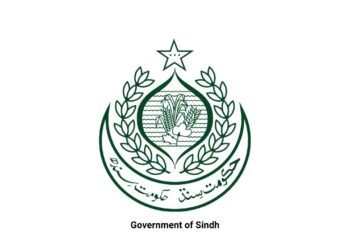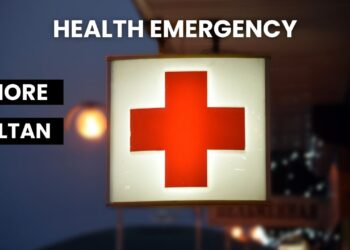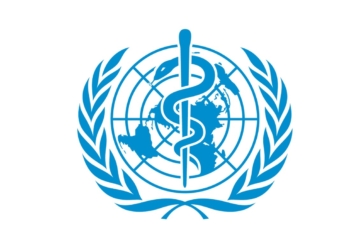As the education institutions are recommencing next month, here are some foremost precautions, needed to be adopted by students during coronavirus, in order to protect themselves against this deadly illness.
The crucial pandemic has severely affected life all over the world for almost 5 months now. However, in Pakistan, the businesses resumed after two months of deadly lockdown, followed with dine-ins, tourism and other activities picking up again from the first week of August.
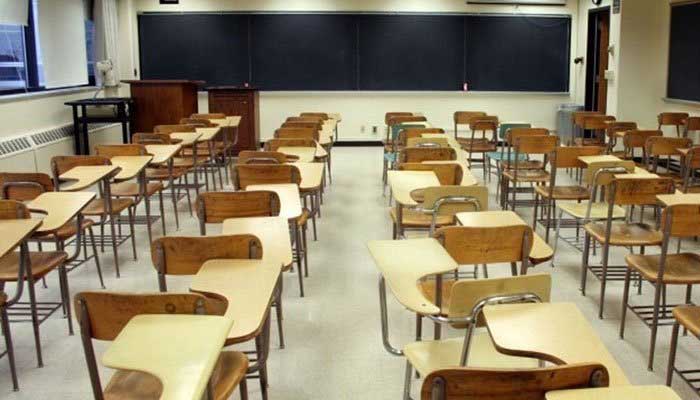
Nevertheless, the ones who faced huge loss in the light of this lethal virus are students. From board assessments getting cancelled, to CAIE students promoted with predicted grades, deciding a just education scheme had been a hard call for the authorities.
Furthermore, here to mention poor university students during coronavirus, who are trapped under piles of assignments, quizzes, viva’s and recorded lectures since the start of this critical phase. Although majority of the educational institutions had been conducting online classes, the quality of the education is compromised in many ways. Hence, accepting the fact, E-education is a dozen steps backwards than ‘in-campus education.’
Realizing this loss of students, the government of Pakistan has arrived at a thoughtful decision of re-opening the educational institutions from 15th of September, under strict SOPs.
Read More: Schools in Punjab to re-open in two phases: Murad Raas
As the student live continues soon, here are some essential precaution, necessary to be followed by students during coronavirus period.
Precaution for Students during coronavirus:
The best way to prevent illness is to avoid being exposed to this virus.
1. Face mask: Wear a face mask at all times, especially when in crowded places like playgrounds, cafes and classrooms. Surgical mask or N-95 masks can be used for this purpose.

Facemask filters the air you breathe before it enters your respiratory tract.
2. Use of sanitizers: Keep a small alcoholic sanitizer of least 60% concentration of alcohol, with you every time and sanitize your hands frequently. Use of sanitizers by students during coronavirus is necessary:
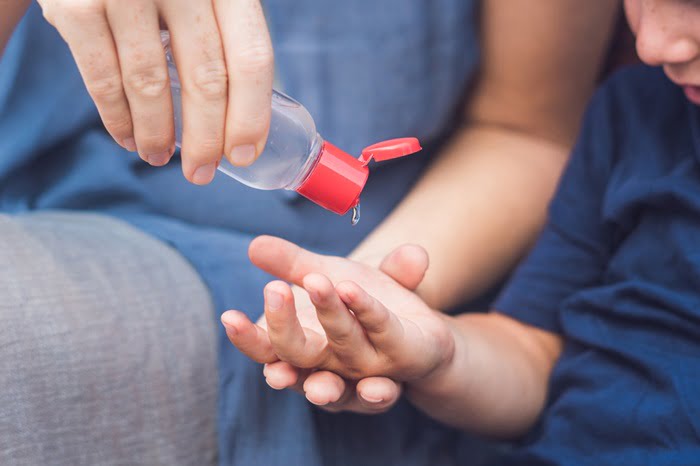
- Before touching your face,
- Prior to meals,
- After handling your mask or handkerchief,
- Soon after leaving a crowded place,
- After coughing, sneezing or blowing of nose,
- After touching anything in surroundings especially metallic surfaces.
Moreover, wash your hands for at least 20 seconds with alcoholic hand wash or soaps. It is better to carry personal hand wash to your institution.
3. Practice social distancing: Maintain a distance of 6 feet from your fellows or any other individual. Avoid shaking hands, hugs and any type of physical contact.
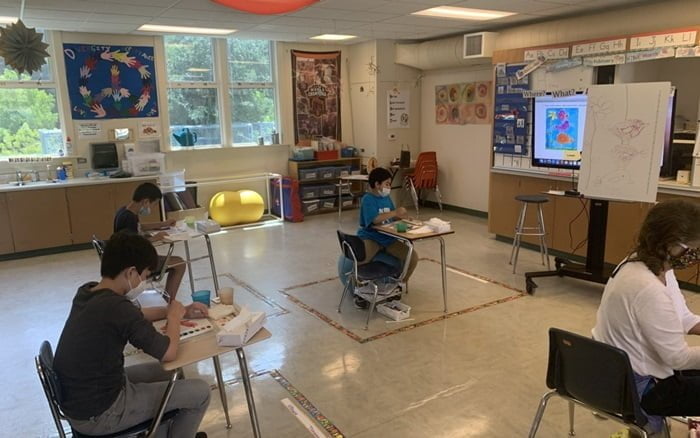
According to studies, some people without any symptoms are also carriers of this virus. Hence, it’s a wise choice to avoid close contact with everyone.
4. Cover your coughs and sneezes:
The toxic corona germ has a specialty of spreading spontaneously from one person to another. Therefore, it is necessary for the students to cover your nose and mouth with a tissue every time you cough or sneeze. In case the tissue is not available, use the inside of your elbow.
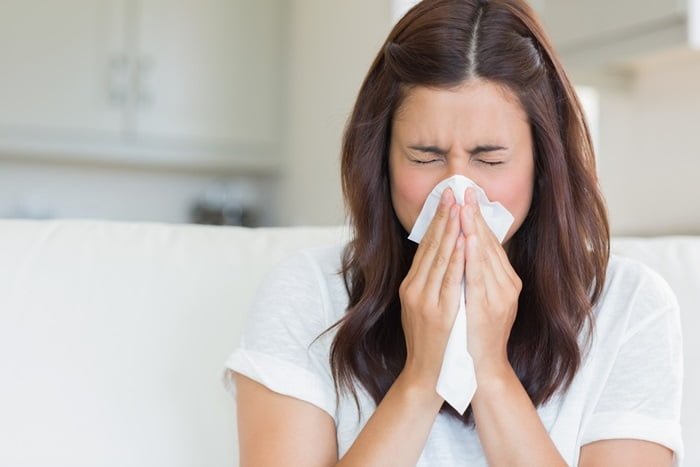
Also, dispose the used tissue properly in the bin. This helps in controlling the spread of virus through airborne droplets.
5. Health monitoring: Monitoring your health is extremely significant. Be alert of covid19 symptoms like high grade fever, non-productive cough and shortness of breath. Consult a doctor immediately if any symptoms occur.
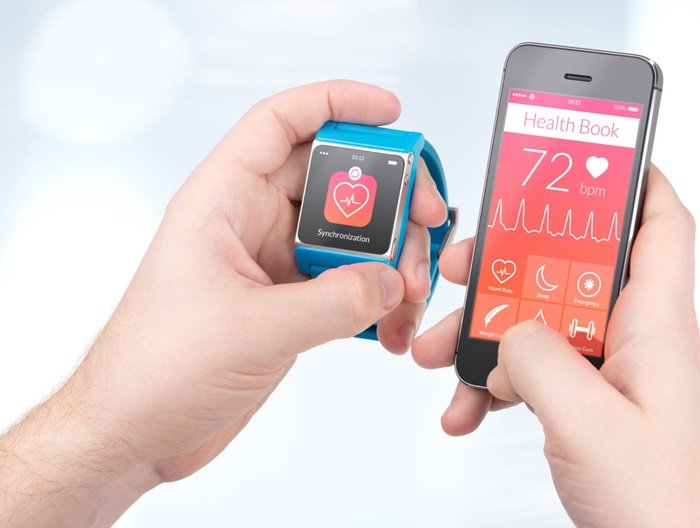
6. Use private vehicles: Use of private vehicles rather than school vans, university points etc is a good choice as it keeps you safe from crowds and gatherings.
Also, do not use public transports.

To sum up, decision of re-opening educational institutions has its pros as well as its cons. Also, the coronavirus outbreak has modified the lifestyle to a great extent and we personally think the pre-corona way of life is long gone and will not be returning in a couple of years. Therefore, your shield against this infection is in your own hands, and will only be achieved by following SOPs.


